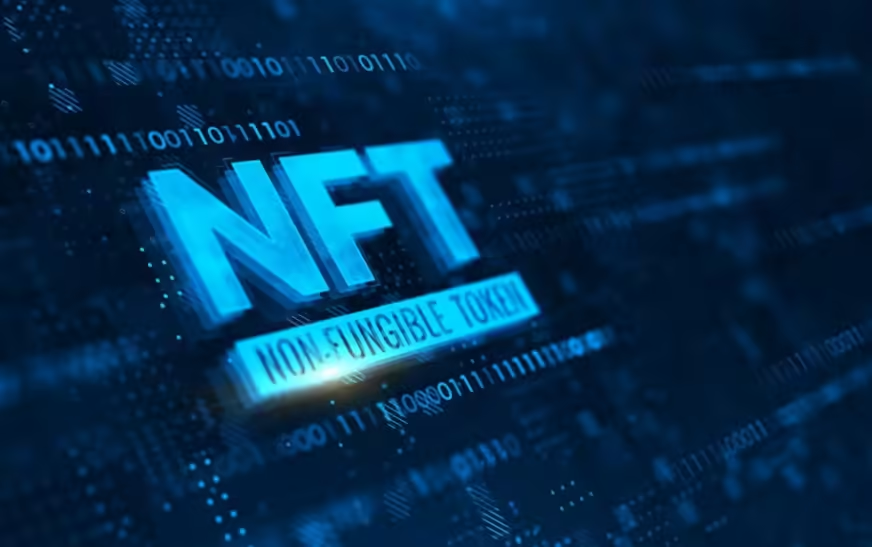Introduction to Blockchain and Supply Chain
The world of supply chain management is undergoing a transformation, and at the heart of this change is blockchain technology. Imagine a system where every transaction is recorded in real-time, ensuring transparency and traceability like never before.
This revolutionary approach not only streamlines processes but also enhances trust among partners across the globe. As industries grapple with increasing demands for efficiency and accountability, blockchain emerges as a powerful tool to meet these challenges head-on.
Let’s explore how blockchain is reshaping the landscape of supply chains and what it means for businesses striving to improve their operations.
Benefits of Implementing Blockchain in Supply Chain
Implementing blockchain in the supply chain offers numerous advantages that can significantly enhance operations. One of the primary benefits is improved transparency. Each transaction is recorded on a decentralized ledger, allowing all parties to access real-time data.
This visibility fosters trust among stakeholders, minimizing disputes and fraud. Traceability becomes seamless; companies can track products from origin to destination effortlessly.
Moreover, efficiency increases as manual paperwork reduces dramatically. Automated processes through smart contracts streamline transactions and reduce delays.
Cost savings are another key benefit. By cutting out intermediaries and improving inventory management, businesses can optimize their resources effectively.
Better compliance with regulations comes into play. With accurate records stored securely on blockchain, meeting legal requirements becomes less daunting for organizations navigating complex global standards.
Real-Life Examples of Successful Blockchain Adoption in Supply Chain
Walmart has embraced blockchain to enhance food safety. By tracking produce from farm to store, they can quickly identify contamination sources. This ensures fresher products for customers.
De Beers, the diamond giant, uses blockchain for traceability in its supply chain. Each diamond is tracked from mine to market, ensuring it’s conflict-free and ethically sourced.
Maersk partnered with IBM to create TradeLens. This platform improves visibility across global shipping networks by digitizing paperwork and processes. It reduces delays and enhances efficiency.
Nestlé also joined forces with IBM on a pilot project that traces coffee beans back to their origins. Consumers gain insights about sustainability practices while farmers see better prices due to transparency.
These initiatives show how diverse industries are leveraging blockchain technology not just for operational improvements but also for building trust among consumers and stakeholders alike.
![Blockchain for Supply Chain Management: [Benefits & Use Cases]](https://acropolium.com/img/articles/why-and-how-to-employ-blockchain-in-supply-chain-management-tips-and-success-stories/img01.jpg)
Potential Challenges and Solutions for Implementing Blockchain in Supply Chain
Implementing blockchain in supply chains comes with its own set of challenges. One significant hurdle is the integration with existing systems. Many companies rely on legacy software that may not easily accommodate new technology.
Another issue is the standardization of data formats. Without a unified approach, sharing information between different stakeholders can become complicated and inefficient.
Moreover, there’s often resistance to change within organizations. Employees might feel overwhelmed by new processes and tools, leading to pushback or slow adoption rates.
To address these challenges, businesses can invest in training programs that foster understanding and ease the transition for employees. Collaborating with tech partners can also help streamline system integrations and establish common data standards across platforms.
Continuous communication among all parties involved will further minimize resistance while promoting transparency—a core benefit of blockchain technology itself.
How Blockchain is Revolutionizing the Supply Chain Industry
Blockchain is transforming the supply chain industry by enhancing transparency and traceability. Every transaction recorded on a blockchain is immutable, meaning once data is entered, it cannot be altered. This feature provides an accurate history of products from origin to destination.
Companies can now track goods in real time, reducing fraud and discrepancies. With each participant having access to a single source of truth, disputes become less frequent.
Smart contracts further streamline operations by automating processes when conditions are met. For example, payments are released automatically upon delivery confirmation.
In addition to efficiency gains, consumer trust increases as people demand more information about product origins. Enhanced visibility into sourcing practices allows brands to showcase their commitment to ethical standards.
By integrating blockchain technology within logistics frameworks, businesses unlock new levels of operational effectiveness while promoting sustainability throughout the supply chain ecosystem.
The Future of Blockchain in Supply Chain Management
The future of blockchain in supply chain management is bright and full of potential. As technology evolves, companies are increasingly adopting innovative solutions to enhance their operations.
Decentralization will play a key role. By distributing data across multiple nodes, businesses can improve transparency and traceability. This shift minimizes the risk of fraud and ensures that every transaction is verifiable.
Artificial intelligence may also integrate with blockchain systems. Together, they can streamline processes like demand forecasting and inventory management. This combination promises increased efficiency across various sectors.
Moreover, sustainability initiatives will benefit significantly from blockchain’s capabilities. Tracking the carbon footprint or ethical sourcing becomes easier when each step in the supply chain is documented on an immutable ledger.
As more organizations recognize these advantages, we can expect widespread adoption to reshape how industries operate globally. The synergy between blockchain technologies and supply chains holds immense promise for innovation ahead.
Conclusion
The integration of blockchain technology in supply chain management marks a pivotal shift towards greater efficiency and reliability. As businesses embrace this innovative approach, they can enhance transparency and traceability throughout their operations. The benefits are clear: reduced fraud, improved tracking capabilities, and streamlined processes lead to significant cost savings.
Real-life examples highlight the success stories that have emerged from adopting blockchain solutions. Companies like Walmart and IBM have demonstrated how this technology transforms traditional supply chains into agile networks capable of responding swiftly to market demands. Such initiatives inspire others to explore similar paths.
However, challenges remain on the road to widespread adoption. Issues related to scalability, interoperability, and regulatory concerns must be addressed. Through collaboration among industry stakeholders and ongoing technological advancements, these hurdles can be overcome.
As we look ahead, the future of blockchain in supply chain management appears promising. With continued innovation and commitment from various sectors, the potential for improving operational practices is immense. Embracing this transformative technology could redefine how goods move around the globe while building trust among consumers.
The journey toward a more efficient supply chain ecosystem is underway with blockchain at its core—a catalyst for change that enhances visibility across all levels of operation.







